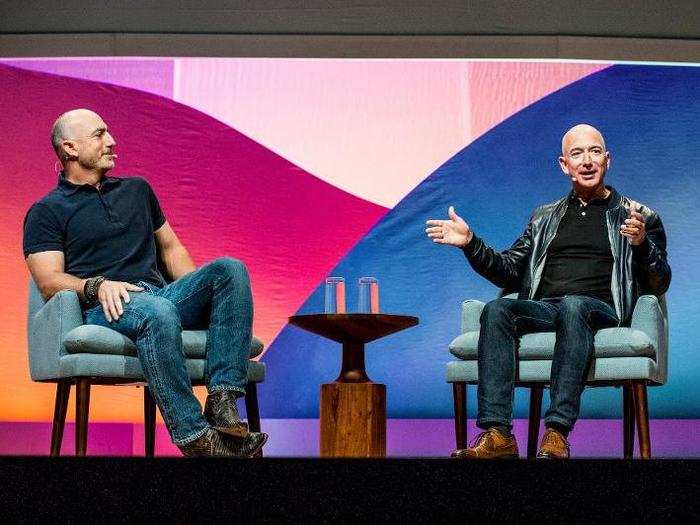- Home
- slideshows
- miscellaneous
- Business leaders are expressing frustration and uncertainty about the US-China trade war
Business leaders are expressing frustration and uncertainty about the US-China trade war
Electronic Arts

United Parcel Service

Ticker: UPS
UPS CEO and chairman David Abney said the US-China trade uncertainty has prompted "softer" industry forecasts throughout the first quarter.
"We certainly encourage leaders of the two countries to find solutions that support increased two-way trade, but also by ensuring many US companies have access to export to China," he said.
Some UPS customers had adjusted their own supply chains to adapt to "changing trade dynamics," he added.
Microchip Technology
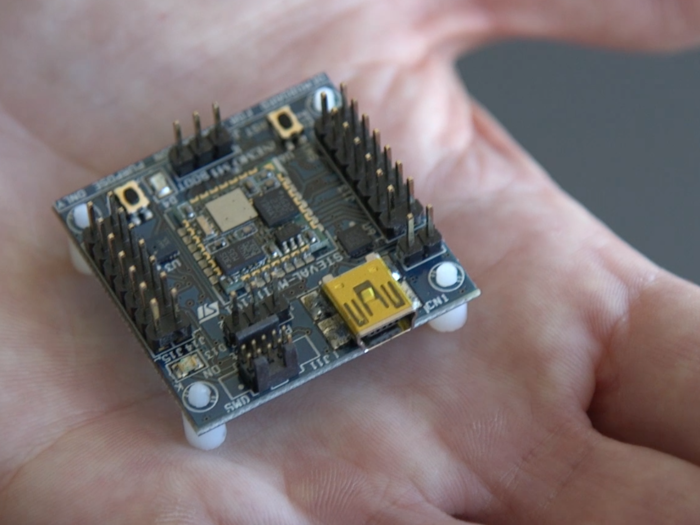
Ticker: MCHP
"I think having seen the yo-yo sentiment on the trade talks, I would rather wait for the talks to conclude than analyze what that finality is, whether it ends up at 10% duty or something higher than that or goes all the way to 0%," CEO and chairman Stephen Sanghi said earlier this month.
Sanghi said he wanted to wait to make an informed opinion about the trade war's impact on the business by speaking with salespeople "rather than just throw something out."
Church & Dwight
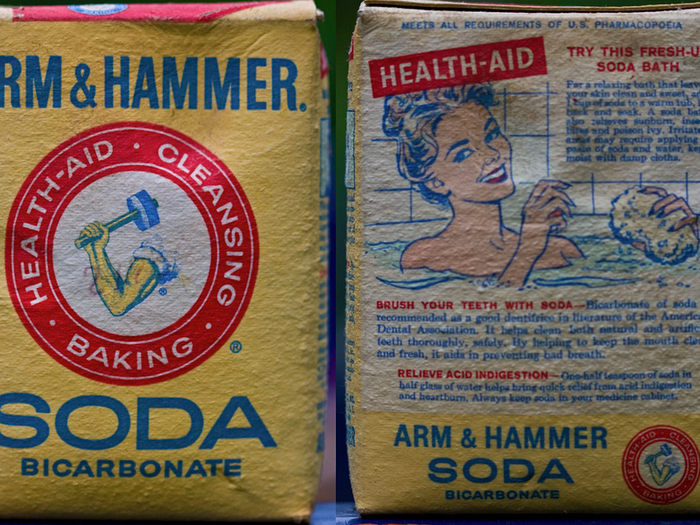
Ticker: CHD
"The other thing that's hurting the business is the tariff war," Matthew Farrell, president and CEO, said on the company's first-quarter earnings call earlier this month.
He pointed to China being the No. 1 importer of whey protein from the United States, and that lower demand has in turn depressed milk prices.
"But long term, we still feel good about the business because we are effectively making the move diversifying away from dairy."
Farrell made a similar comment on Church & Dwight's quarterly earnings call last November.
Fortune Brands Home & Security

Ticker: FBHS
All of the Fortune Brands businesses are "attacking the tariff situation" through a combination of cost and pricing, said CFO Patrick Hallinan on the company's first-quarter earnings call in late April.
"I would say, in the case of plumbing, more specifically, it's more cost takeout in areas where we could accelerate it, pricing and some cost sharing with vendors more than getting out of China," he said.
That's been more difficult to do within its plumbing category than it has been within other areas like cabinets, where its wood-product business is already departing China.
International Paper
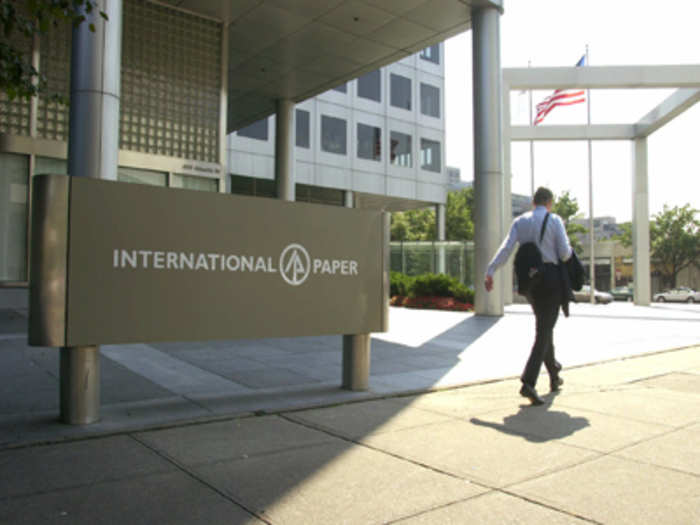
Ticker: IP
"I think we're learning every time there's a disruption with China how much of a role it plays in the global economy," said chairman and CEO Mark Sutton on the company's first-quarter earnings call in late April.
While International Paper has customers in 150 countries, Sutton said many of the company's US-based packaging customers have faced uncertainty because they export a portion of their goods to China.
"It's not a big part of their business, but it's a meaningful part," he said. "And it's disruptive to some extent due to tariffs and other things."
Aptiv PLC

Ticker: APTV
"We are certainly dealing with some of the FX and tariffs," said Joseph Massaro, the chief financial officer of Aptiv, a Dublin-based global autoparts company that's partnered with Lyft.
"We don't give up on those. They're hard to deal with in a particular quarter, over particular couple of quarters, depending on how significant the movement is," he said, adding Aptiv would focus on cost structure to "work to offset those."
More broadly, the company is facing a decline in vehicle production in China, said Kevin Clark, the chief executive officer.
Leggett & Platt
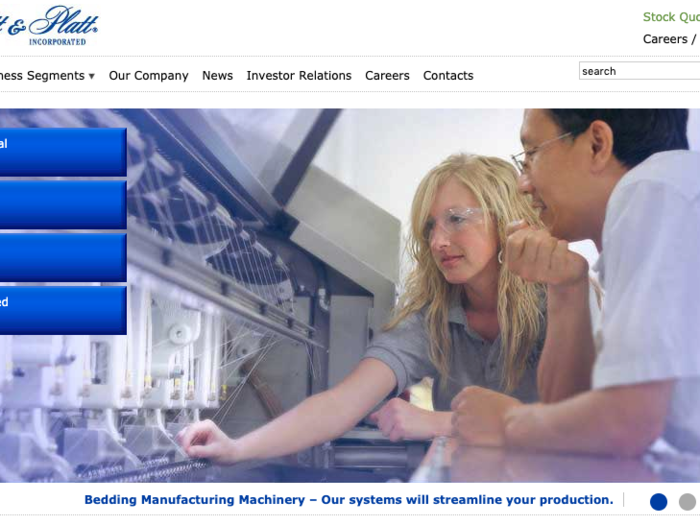
Ticker: LEG
"A lot of uncertainty" related to the trade dispute has negatively impacted consumer confidence through the back half of last year and into the first half of 2019, said chief operating officer J. Mitchell Dolloff on the company's first-quarter earnings call in late April.
"Certainly retaliatory tariffs in China have reduced demand for inputs there," Dolloff said, adding that steel and aluminum tariffs have raised transaction prices and slowed sales in the US. "Those are really coming through lower incentives that the consumer is having to absorb."
Popular Right Now
Popular Keywords
Advertisement
